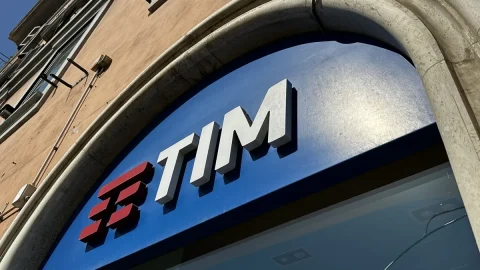Il Italian GDP of 2023 will grow by Present in several = 0,6%, while that of next year will rise byPresent in several = 1,4%. He writes it the Parliamentary Budget Office of February business report. Compared to the forecasts released last November by the PBO, the figure for this year is confirmed, while that for 2024 has been revised upwards by 0,2%. As for the 2022, the Office's estimate – formulated on the basis of Istat quarterly data and corrected for calendar effects – stands at Present in several = 3,8%.
Inflation slows down, but purchasing power plummets
For what concerns inflation, the PBO awaits a gradual decline for the easing of tensions on the commodity markets (energy and non-energy). However, price dynamics are expected to remain much more sustained than the growth in compensation of employees, causing a significant loss of purchasing power.
Internationally, the Parliamentary Budget Office points out that, with energy prices having started to normalise, inflation appears to have peaked on both sides of the Atlantic: in the United States in June (at 9,0%) and in the euro area in October (at 10,6). The rate fell to 6,5 percent in December in the United States and to 8,5 percent in January in the euro area and now inflation expectations appear to have stabilized between 2 and 2,5 percent both in the United States as in the Eurozone.
The consumer price index slowed in Italy in December (to 11,6 per cent, from 11,8 in November) and more markedly in January (to 10,1 per cent), which could suggest that the peak has now also passed in our country. However, the decline is due to the more volatile components, especially energy, while core inflation continues to rise, albeit marginally, slowing down the disinflation process.
consumption
To push the Italian economic activity is the internal question. On average in 2023 and 2024, household spending is expected to grow by about one percentage point, albeit slowing down compared to the last two years due to the loss of purchasing power induced by inflation. The savings rate the gradual decline from the peaks reached in 2020 should continue.
After last spring's jump (2,5%), private consumption they also grew at the same pace in the third quarter of 2022. The increase was mainly financed by savings, as purchasing power was little more than stagnant; the increase in nominal incomes (1,9%) was in fact largely eroded by that in prices (1,6%). The erosion of purchasing power weighed on household consumption especially in the autumn.
investments
Also for investments, the Parliamentary Budget Office estimates a slowdown (to 2,7% on average in the two-year period 23-24), less pronounced for spending on construction (3,2%) than for machinery and equipment (2,3 ,XNUMX%).
In 2022, investments grew in all quarters, but at an increasingly slower pace, going from 3,8 per cent in January-March to 0,8 per cent in the summer period
Trade
for exports, which strongly supported economic activity last year, growth should slow down, aligning with that of international trade (the foreign market shares of Italian companies should therefore remain unchanged). For the cheap imports, on the other hand, an even more marked deceleration is expected.
Occupation
As for theoccupation, is expected to grow by 0,5 percent this year, a pace that is expected to double in 2024, just below that of economic activity.





